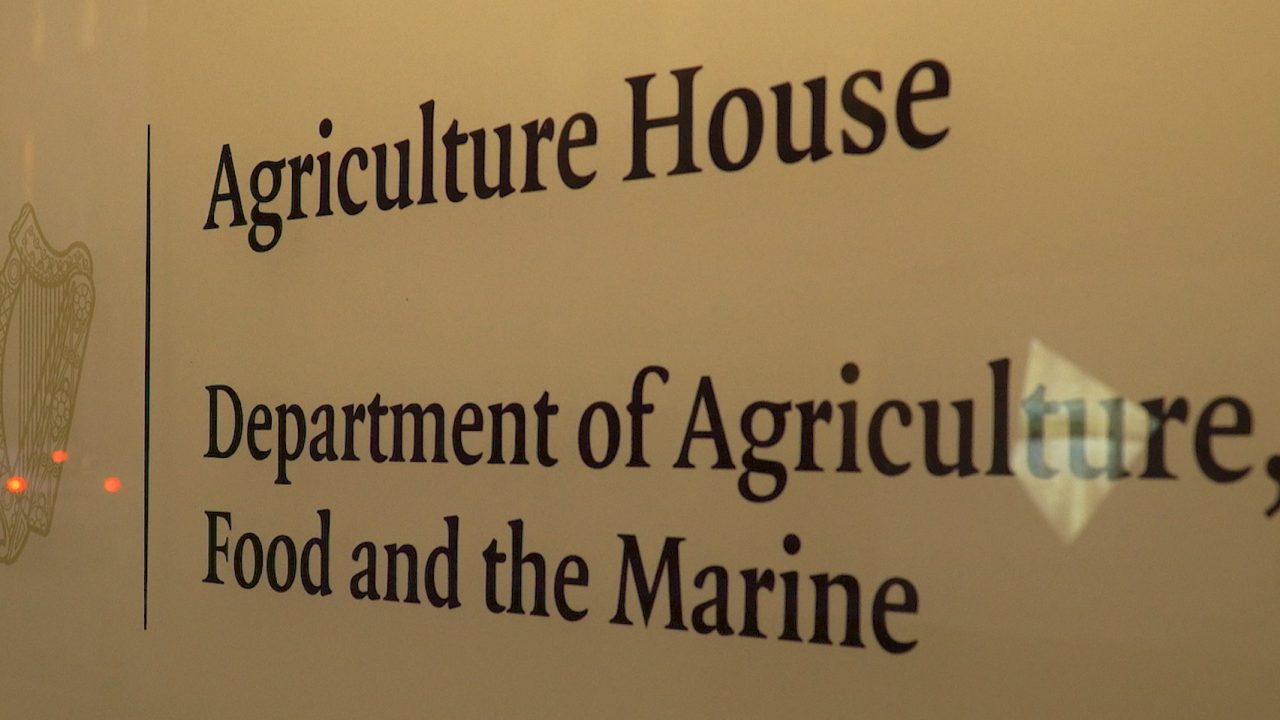The secretary general of the Department of Agriculture, Food and the Marine has highlighted the merits of Ireland’s draft Common Agricultural Policy (CAP) Strategic Plan in a letter to the European Commission.
The letter, which has now been published by the department, was sent by secretary general Brendan Gleeson to Wolfgang Burtscher, the head of the Directorate-General for Agriculture and Rural Development in the commission.
Gleeson’s letter follows the commission’s observations of Ireland’s draft plan, which said that the plan had a number of shortcomings.
However, Gleeson defended the plan, arguing that it was suitable to Irish needs.
Noting that the commission questioned Ireland’s “ambition” on the redistribution of direct payments, the department chief argued that this is a “complex, multi-layered and sensitive issue in an Irish context, which is complicated further by the nature of our entitlements-based payments system”.
“Redistribution mechanisms give rise to particular and difficult impacts for a sizeable cohort of farmers,” Gleeson said.
“We have therefore tried to strike what we feel is an appropriate balance between significantly improving the position of smaller and medium-sized farms, and maintaining the viability of farms that are not large but, for historical and other reasons, are in receipt of higher rates of payment per hectare.”
Addressing the commission’s contention that there is not enough environmental ambition in Ireland’s plan, particularly where the eco-scheme is concerned, the secretary general highlighted that the department’s approach was based on “the building blocks of the [EU’s] green architecture”.
He argued that the plan will meet the requirements of raising standards of conditionality; making the eco-scheme available to all farmers; and achieve “high impacts” through Pillar II environmental schemes.
He also said that the plan will complement and be coherent with environmental measures outside the remit of CAP, including forestry and the long-term sustainability of the dairy sector.
Furthermore, measures under the plan will be complimented by regulation, industry incentives and the deployment of new and emerging technologies, Gleeson noted.
The secretary general also argued the point that the commission’s approval process for member states’ strategic plans must be based on the requirements of legally binding acts, something he said the member states “called very strongly for”, adding that “we look forward to [that principle] being fully adhered to over the course of the approval process”.
Although Gleeson did not go into further detail on this point, it could be seen as raising a concern that the approval process would be partially based on ad hoc environmental requirements which are not actual requirements under the relevant EU legislation.
Gleeson went on to highlight that subsidiarity for member states was a key outcome of the CAP reform process, allowing member states to “design interventions in accordance with their particular needs”.
“We have outlined a number of areas in our draft plan where we intend to use this flexibility and we will respond to the commission’s observations on issues such as definitions and minimum requirements with this in mind,” he said.
The secretary general added: “Similarly, member state flexibility in setting targets and indicators – again, one of the key elements agreed in the [reform] negotiations – should inform our discussions as we try to strike the right balance between satisfying the requirements of the new delivery model and avoiding unnecessary administrative burden.”
On all of these points – as well as others not mentioned in his letter – Gleeson said he looked forward to ongoing engagement with the commission, and the quick approval of Ireland CAP Strategic Plan.
